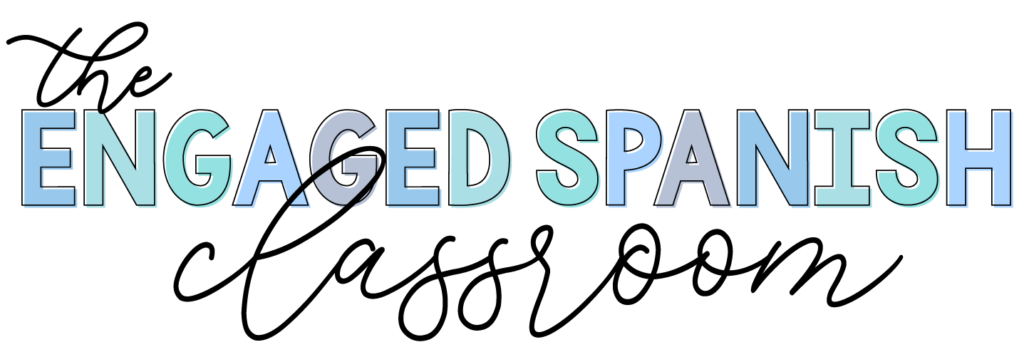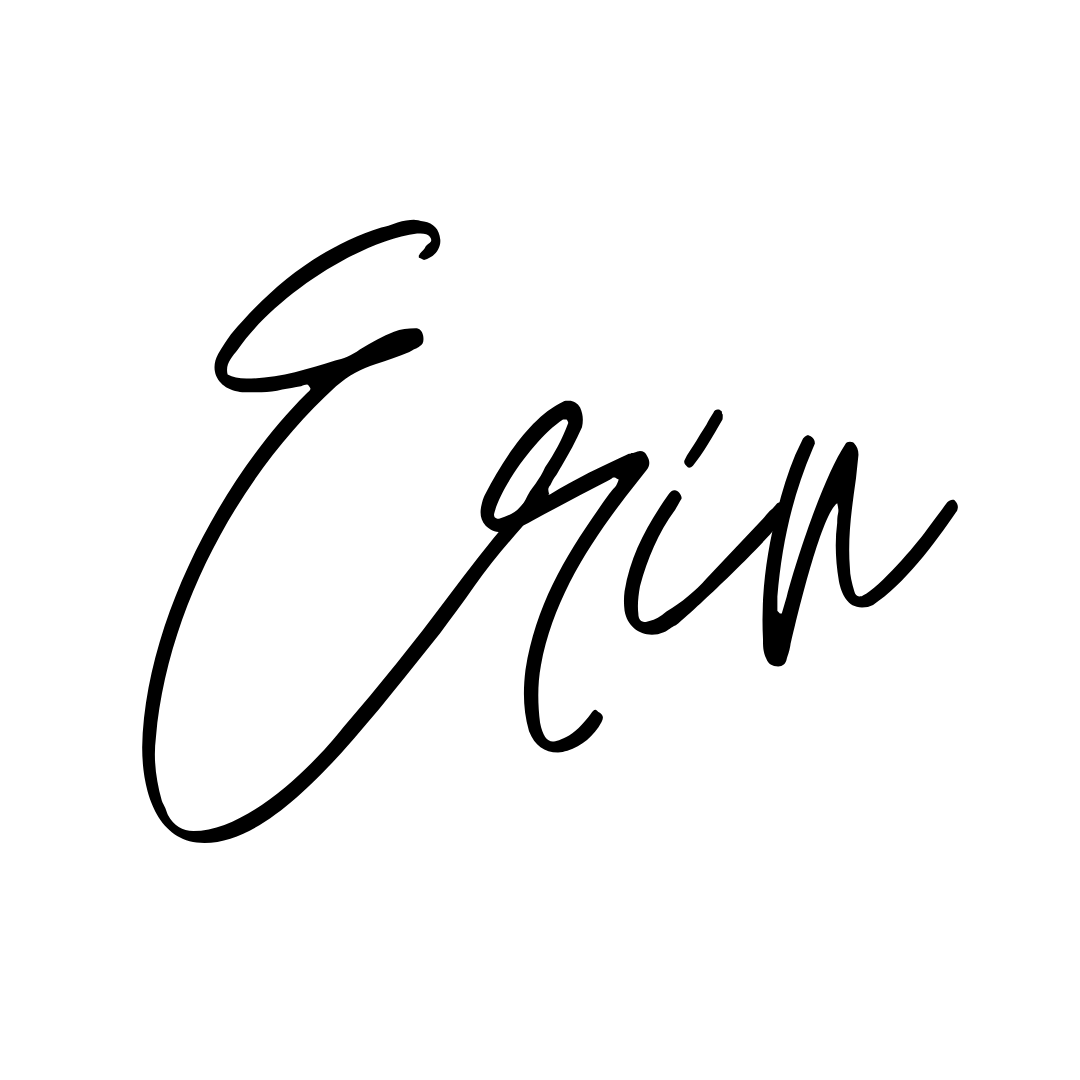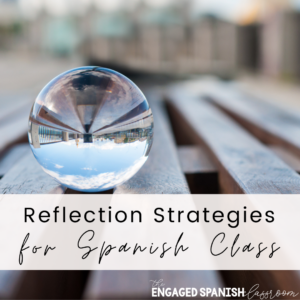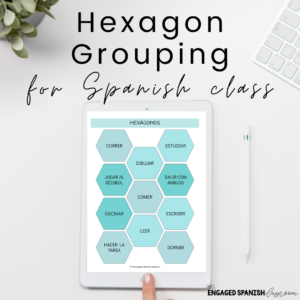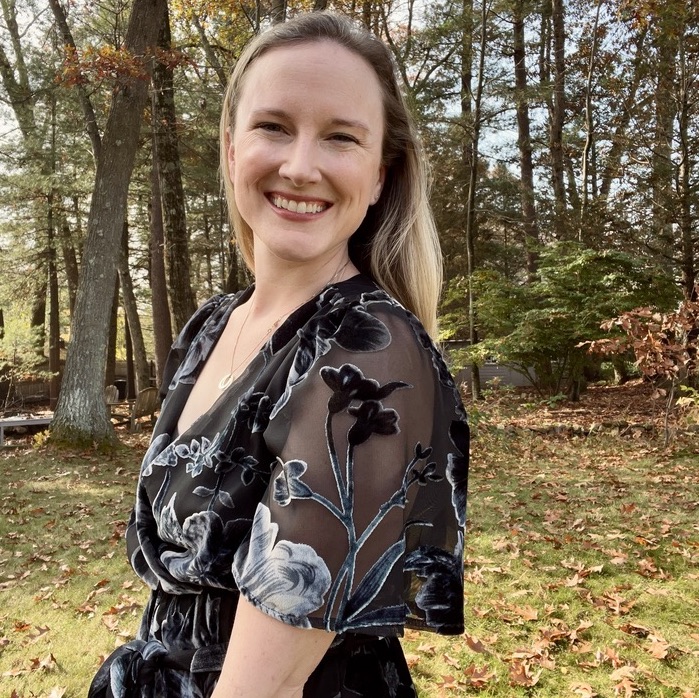Don’t Underestimate the Effects of the
Positive Teacher-Student Relationship
Positive Teacher-Student Relationship
Written by Erin Coleman and Published in A Teacher’s Magazine (c) in June 2018
“Don’t smile until Christmas.”
“Don’t let them see you sweat.”
“It’s not your job to entertain them, it’s your job to teach them.”
“They don’t have to like you to learn from you.”
Ok but…. Wait a minute. Back up. I smile a lot. Is this going to be a problem? I turn red if I’m nervous or upset. How do I learn to hide that? And I like to have fun and enjoy the moment I am in… am I not supposed to have fun in class? And what if I want them to like me? Doesn’t that mean they will like my class, at least a little? If they like my class… won’t they want to learn?
As a new teacher seven years ago, these were the thoughts that were running through my head. I had passed my state teacher tests, gotten a job teaching high school Spanish, and I had read all of the “best” books on teacher prep that my oldest sister had passed down to me. She is 15 years older than me, and she has been teaching middle school science since she graduated from a local college known for training wonderful teachers. I did not study education before I started teaching. I entered the teaching world instead through a side door, after two years in social work. I was excited for this new world, where instead of seeing my “clients” once a week, I would have students that I would see every day. I could be one of the people that was on their team. I would be in their corner for them, instead of across the table from them. I would get to see them grow over an entire year, and help them no matter what their background. But now, in all my research and preparation for my first day, I was terrified. I was suddenly realizing that to be a successful teacher I was expected to be tough, strict, and stoic. Anyone who has ever met me will say that those three words do NOT describe me. So, I wasn’t supposed to be myself? Then why would I want to teach in the first place?
Over the past seven years, I have realized that schools are very different than they were when many of these teacher prep books were written. Teachers take on a bigger role in student lives. Our students do not just see us as an adult that is in their lives for an hour a day; they see us as someone they can rely on. They come to us in the morning if they need advice on how to talk to a friend, and they come to us after school to invite us to their basketball games. We are their teachers, but also their listeners, coaches, and advisors. They often email us after school with questions. Some even look up to us as positive role models in their lives, as many of our students come from unique family situations.
If a conflict arises during a class period, we do not just send the student away and close the door behind them. Instead, we often work through the problem with the student individually, and then continue with our day. We are the referee, the nurse, and the ring leader. Because of the diverse role we take, we should be allowed to decide what our best teacher-selves should be like. I have learned that, in fact, being yourself inside your classroom can actually be your biggest strength instead of a so-called weakness.
I was one of those students that came from a unique family situation. I am the youngest of four girls that were raised by a single mother. My mother was also one of four girls, and my grandfather used to say, “Four queens, not a bad hand!” I was very lucky to be raised by strong women, and strong teachers. If I’m being very honest, my life could have taken a very different path. My father struggled with substance abuse, and spent time in jail and on house arrest. Then, he was suddenly gone and living a few towns over. To me, none of it was fair. We had to move across town after he left, into a smaller home and to a different part of the school district. I had to move away from my friends in the middle of the year. I felt lost, lonely, and like I was missing out on things that most of my peers had.
The people that turned my attitude around, and kept me from slipping through the cracks, were always my teachers. I was immediately welcomed at my new school, and my teacher took the time to establish a real relationship with me. I wasn’t just another number that entered in the middle of the year. I was Erin, a lefty (Mrs. O’Donnell loved that) and she made me feel that my strengths made me special. I was athletic, creative, funny, and smart. I knew this because Mrs. O’Donnell told me so. She went out of her way to make an individual connection with me. She knew that my new home was in her neighborhood, and she told me she hoped I’d ring her doorbell on Halloween. I did, and I was so excited at the surprise! This teacher made me feel like I wasn’t so alone. She made me feel valuable and she made me feel seen. I wanted to do well for her.
In middle and high school, I had more truly wonderful teachers. I was reunited with my friends at the bigger middle school, and I gained more confidence each year. My teachers were always there to laugh with us, challenge us, and coach our sports’ teams. They weren’t just faces at the front of the room; they did lab experiments with us, they cheered on local sports teams with us, and they picked us up when we were down. If we did something wrong, they would help guide us. I never felt judged or put-down by a teacher if I failed at something. They made connections with us, sharing pieces of their personal lives that made us feel like they trusted us. All of this made me want to learn. Their faith in me made me crave a bright and open future. I didn’t work hard in school for myself; I worked hard because I wanted to make my teachers proud. They had made it clear that they cared about me, so why wouldn’t I give them my all?
These are the feelings I want to instill in my own students today. If it is past August 27th, I am back in my classroom with a new round of faces and smiles. My best teacher self happens to be a very candid, open person. It turns out I follow almost none of the advice that I read before my first year. I smile on day 1. Nice and bright, and genuinely. I tell my students I am a lefty, hockey goalie, runner and coach. I try to make a personal connection from day 1. I tell my freshman that I am happy to be an adult they can come to with questions in this new big and scary building. Throughout the year, I laugh with my students, often even when I’m trying not to. Luckily, my first year teaching was not with the authors of the books I read. I asked a colleague early in my first year if it was bad that my students were able to make me laugh during class. His response; “if you haven’t laughed by 10am, you’re doing something wrong.” This was both reassuring and inspiring at the same time.
I set high expectations for all of my students, but not in an indifferent or stoic way. I have high expectations because I care enough to set them and communicate them to my students. Luckily, in my experience my students have risen to meet these expectations and I can’t help but think it has at least something to do with my attitude about my role. Yes, I want my students to learn from me, to impress me, and to give me their best. Yes I want them to speak to me in the target language and I want them to hit all of our language proficiency goals. But more importantly, I want my students to know that I am here everyday for them. I love the content that I teach, but I also have love for them. I will support them in their struggles, and I will help them when they are down instead of telling them how disappointed I am. I firmly believe that cultivating these positive relationships will help our students not only to succeed in our individual classes, but also in other areas of their lives.
I have experienced the effects of positive teacher relationships from both sides. When I was younger, the fact that my teachers took time out of their day to get to know me and to support me made the world of difference to me. If you don’t feel like your efforts are making a difference, I’m here to tell you that they are. I am here to thank you on behalf of all kids that need positive adult relationships in their lives. My teachers had no idea the difference they made for me; only Mrs. O’Donnell, during my third grade move, knew of my background. All of my other teachers made me feel the way they did simply because they did that for all of their students. But I needed it, and I noticed. Twenty years later, I see the relationships I build with my students is one of the most important parts of my job. I will be in their corner, and on their team. And every single day of this school year is a new day, and a new opportunity to prove this to them.
I mentioned how a colleague gave me reassuring advice during my first year. I want to share another comment he made during my time with him; “Don’t compare your beginning to someone else’s middle.” As a new teacher, I wasn’t ready for everything I’ve mentioned here. I struggled with confidence, comparing myself to other more experienced teachers, and in fact I’m still never exactly sure that I am doing everything right. Actually, I’m sure I’m not. All I know is that it took me years to find this version of my “teacher self,” and I still work on her every year.
Ways to build positive relationships from Day 1:
•Greet each student at the door every day, by name. I once had a student tell me during this interaction that I was “the only teacher that talked to him.”
•Before asking about any assignments, say hello!
•Be honest when you don’t know an answer. Find it with your students.
•Try to learn about what your students are reading, watching on TV, or playing on their phones. Even if it’s just to tease them that you could beat them at that game!
•Let them see you smile, or sweat, or take a moment to breathe.
•Be yourself.
•Give specific praise. Instead of “Good job!” I try to say something like “Angela you are really improving with your pronunciation! I love your effort!”
There are so many other ways that will work for YOU. And maybe some of my habits don’t fit with your teaching style. That’s fine too! It’s all about finding what works best for you individually. Like our students, we all have different needs and preferences. I hope this article lets you know that you aren’t alone!
P.S. If you’d like to see the Student Survey I give during the first week of school each year to
make a connection with my students right away, click here to take a look 🙂 Good luck this year!
make a connection with my students right away, click here to take a look 🙂 Good luck this year!
Erin Coleman, The Engaged Spanish Classroom


